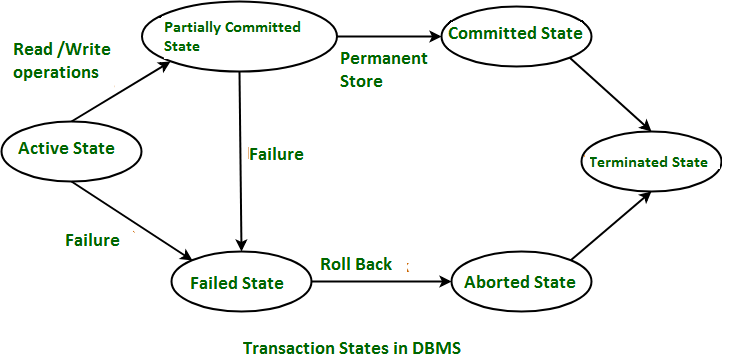![]()
The business transacted can be between two parties engaged in business and conducting the transaction for their mutual benefits, or between a business entity, like a retail shop, and a customer. Recording all your business transactions can be very time-consuming when you’re self-employed. Countingup is the business current account and accounting software in one that makes recording business transactions easy. While cash accounting is easier to use, most businesses have to abandon it and start using accrual accounting eventually. That’s because accrual accounting allows you to record a transaction when it happens, whether money has exchanged hands or not.
Recordation of Business Transactions

This is the simplest and most straightforward method available and gives small businesses a clear picture of how much money they have on hand. Although, only businesses that make under £150,000 per year (annual turnover) can use this method. An example of this would be if a customer were to order a book, and claims that the book was damaged when received. The customer could demand that the book be replaced, or that the money be returned.
What Is Meant by the Term Transaction?
Are they putting your business on a website and spamming you out to the world, or are they off-market, taking their time to understand you, your business and your actual requirements? If they need to advertise your business, you probably should stay away from them. Here are seven of the best, all of which contain powerful information for business owners considering selling, merging or buying. It’s simply not possible to make a successful business sale, merger or acquisition without asking numerous questions to the right person. A due diligence is an in-depth assessment which a buyer conducts in order to ensure that the company´s status is as promised. Being prepared for the due diligence can make the difference between a smooth transaction and one which falls through at the last moment.
Cash Transaction and Credit Transaction
- While they are commonly referred to by various names depending on the context, they all serve the same purpose.
- The term “external transaction” describes any transaction that isn’t internal.
- A receipt transaction occurs when a business receives money for any business-related reason.
- If an inventory is required when accounting for a company’s income and it has average gross receipts of over $26 million over the prior three years, the company normally uses the accrual method of accounting for sales and purchases.
It is a transaction as it will change the financial position of the business. Bank interest will be increased by $500 and cash will also be increased by $500. This is a transaction because it can be measured in terms of money and will change the financial position of the business. Cash will increase by $1,00,000 and capital will increase by Rs.1,00,000. Only those events will be given the status of a transaction which can be measured in terms of money and which change the financial position of the business. Download the Countingup app to sign up for your business current account and receive your contactless Mastercard.
Suppose your business entity is accepting preorders for a new product you’re launching in a few months. A customer agrees to purchase one and pays you now even though you won’t deliver the product until sometime later. The grocer offers to sell you a bag of rice for $1.99 and you agree to purchase it by checking out. Furthermore, ICICI Bank will impose a surcharge of 1% on utility payments exceeding Rs 50,000 per month when using their credit cards.
Does Alpaca Support Business Trading Accounts?
Join LegaMart now and transform your business transactions into strategic advantages for growth and stability. Start your journey with LegaMart today – your partner in business finance expertise. Documentary evidence, such as an invoice or memo, should support the occurrence. A voucher or source document is the record that attests to the event. Some economic occurrences can’t be categorized as business transactions that take place during the normal course of a business.
These transactions are regular and frequent, involving activities such as buying and selling goods or services, paying salaries, and managing operational expenses. Examples include sales of products or services, purchase of inventory or supplies, payment of wages and salaries, rent and utility payments, receipt of customer payments, and payments to suppliers. The impact of these transactions is significant as they directly affect the income statement and cash flow of the business, contributing to its profitability and operational efficiency.
They also facilitate tracking of business performance over time, identifying trends and areas for improvement. Operational Transactions are related to the daily operations of the business. Expense Payments involve paying for various business expenses such as rent, utilities, and salaries.
When no external party is involved in a business transaction, it’s classified as an internal transaction. There is no value exchange with a third party, safe harbor but a financial event impacts the business’s balance sheet. An internal transaction can take the form of fixed asset depreciation or asset losses.